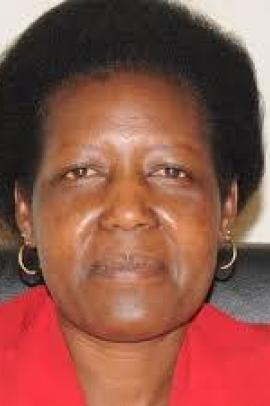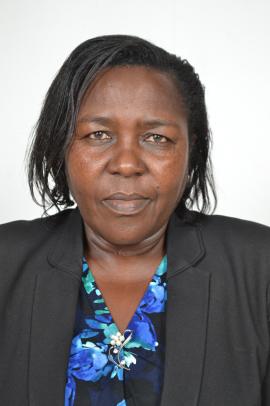Mr. Bernard Owino is a determined and focused professional with a wide practical experience in project management spanning from project designing, Implementations, closure and scale out; gained over ten years of experiences with high profiled local, regional and international non-governmental organizations notably ADRA ,ADS Nyanza ,Techno serve, East Africa Market Development Associates(EAMDA) and World Vision Kenya.
Bernard is currently Livelihoods and Resilience Programme officer for World Vision Kenya, in which role he ensures successful implementation of Livelihoods and resilience grant projects within World Vision in Kenya.He also does the role of resource acquisition as well as Advocacy, networking and engagement with strategic & new partners for World Vision.
Bernard has great passion in agribusiness enterprise development and believes in sustainable development approaches/models such as local value chain development (LVCD), market systems development, Saving for Transformation (S4T) among others.
Bernard holds a BSc Agriculture Education and extension degree from Egerton University.
Bernard is married and blessed with five children (three daughters and two sons.)

SOCIO-ECONOMIC FACTORS INFLUENCING SUSTAINABILITY OF WOMEN VILLAGE SAVING AND LOANING INSTITUTIONS IN KURIA SUBCOUNTY OF MIGORI COUNTY, KENYA
Women village saving and loaning institutions emerged due to perverse poverty. Sustainability of women village saving and loaning projects remains a challenge because of poor governance of the groups, lack of capacity building and lack of stakeholder engagement leading to inadequate benefits associated with such projects. The purpose of this scientific inquiry was to explore the socio-economic factors influencing sustainability of women village saving and loaning institutions in Kuria East Sub-county, Migori County, in Kenya. The study was modelled on a research design of descriptive survey. The selected sample comprised 106 participants, of which 104 were group members and 2 were loan officers working under the arrangement of village saving and loaning in Kuria East Sub-county. The study sample selected through stratified and purposive random sampling methods because the study populace was sufficient for the researcher to conduct a study. Descriptive analysis was conducted in order to determine how variables were distributed through the use of standard deviation and mean; while hypothesis testing was modelled using Z test at 95% confidence level (P=0.05). The study findings demonstrated that governance (1.3874 with a p value 0.0025>0.05), capacity building (1.3874 with a p value of 0.0025>0.05), stakeholder engagement (0.1264 with a p value of 0.004 >0.05), and associated benefits (1.5352 with a p value of 0.0035 >0.05) influenced the sustainability of women village saving and loaning institutions.





